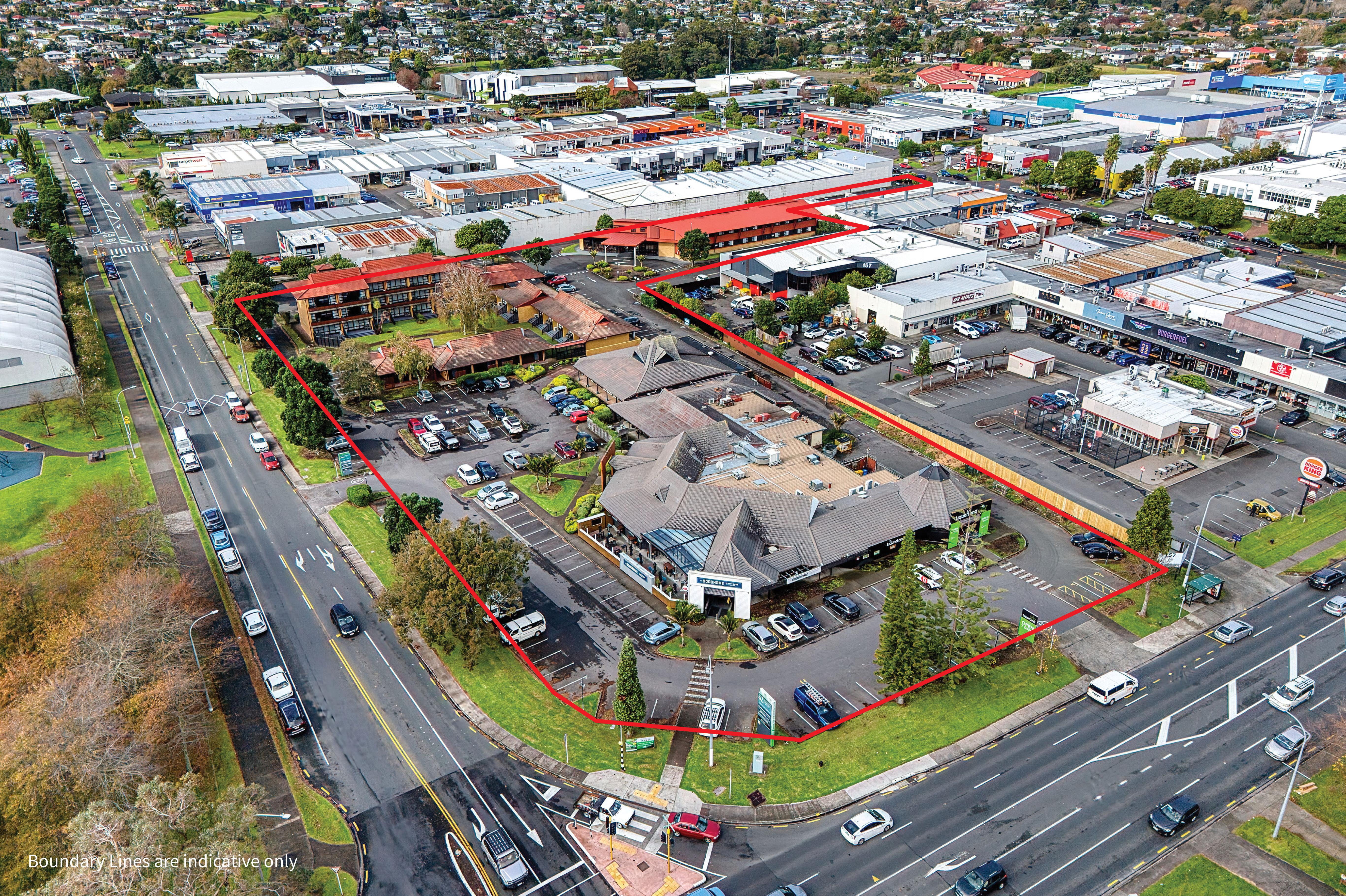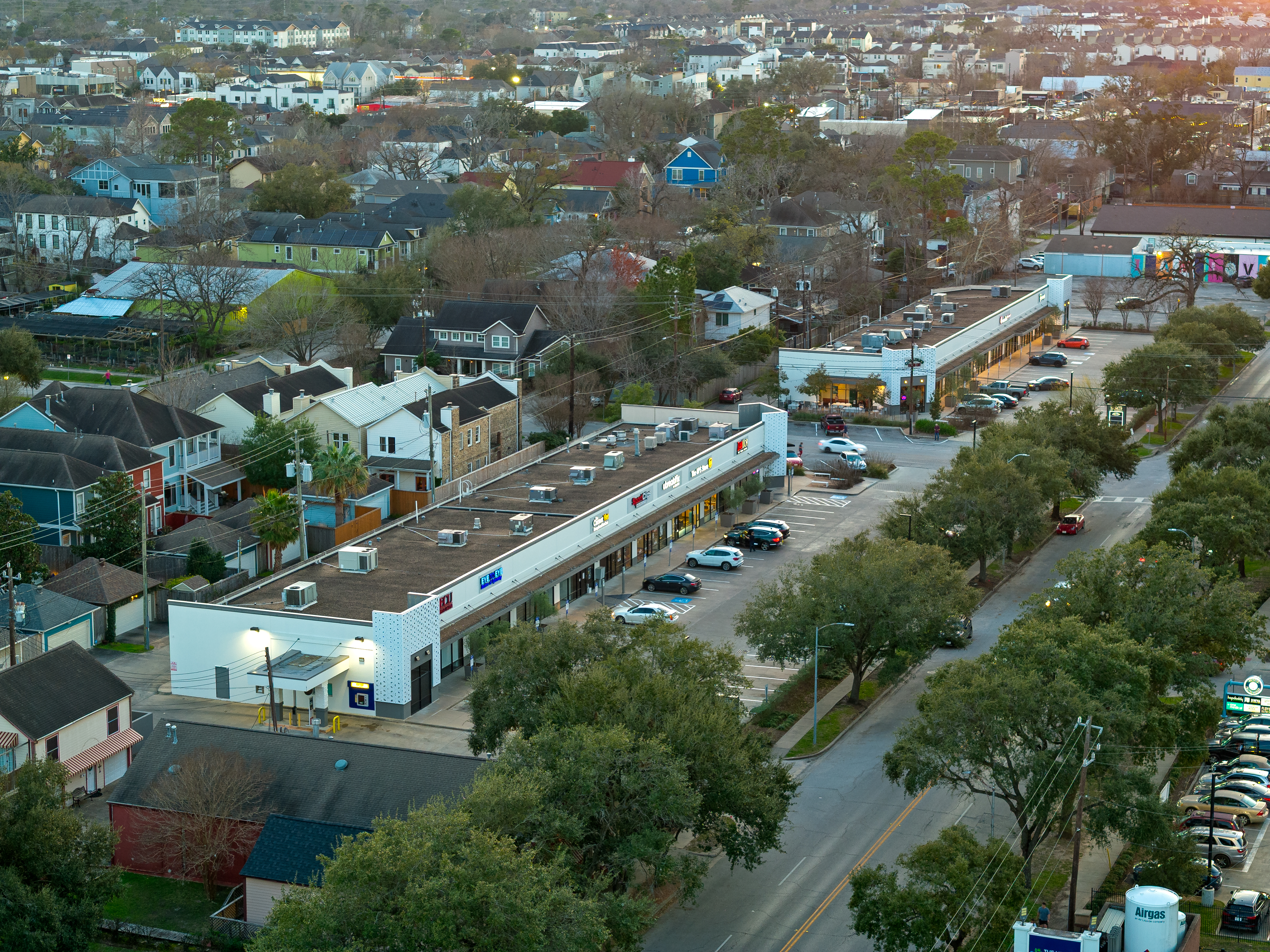2021: It’s all about the economy
Recent developments are providing markets with optimism, although the next six months are key for real estate
When the pandemic sent global economies into decline, it clinched the end to a decade-long bull run in commercial real estate markets.
But economists and investors appear largely optimistic about a recovery in 2021. While such a disposition might have seemed far-fetched during the first lockdowns in the spring of 2020, the confidence is coming from a faster pace of vaccine development than some first believed possible, alongside government stimulus efforts and record-low interest rates at central banks.
Still, uncertainty remains high and caution abounds. Will the vaccine prove a silver bullet? Could it help level Europe’s multi-speed recovery? Will Asia Pacific continue to lead the return to growth?
Increased clarity in the U.S.
Recent developments – the rebound in economic growth, conclusion of the U.S. presidential election, and better-than-expected news on vaccines – have provided hope for the economy, says Ryan Severino, Chief Economist, JLL, Americas.
“Economics provides us with no guarantees, but we have greater clarity now than at any point in time in the last nine months,” Severino says.
Only once people become vaccinated will the economic situation truly begin to improve, he says. And there are downside risks, including around the rollout of the vaccine. For instance, budget shortfalls at the state level could lead to a lack of appropriate funding needed to distribute and administer vaccines.
Fiscal stimulus could certainly help, but passage of another package in the U.S. remains a dicey proposition.
“If 2020 has taught us anything, it’s that we should expect the unexpected,” Severino says. “The next six months will be telling for how the rest of 2021 goes, and 2022 for that matter.”
When it comes to commercial real estate, these are challenging times, as would be expected in this part of the cycle, he says. Real estate generally lags the overall economy and the downturn in the property market typically lasts longer than the downturn in the economy.
Retail and hotel properties have seen a significant impact and will likely take some time to stabilize. For office markets, where many tenants are in “wait-and-see” mode, activity remains subdued, concessions have increased, and JLL’s proprietary modeling indicates that asking rents will continue to decline as vacancy increases in 2021.
There are bright spots: Industrial and multifamily remain active and are poised to weather the downturn relatively well, while some specialty sectors like life sciences and data centers have been running hot throughout the pandemic, Severino says.
Multi-speed in EMEA
In Europe, considerable variation is expected in the speed and strength of the recovery across countries and within markets, says David Rea, EMEA chief economist at JLL.
“The outlook varies both geographically and across sectors,” he says. “We can safely say that it will not be a one-size-fits-all recovery: in the same way countries took a unique path into the pandemic, their path out will be unique too.”
Greece, Italy and the U.K. have suffered deeper downturns, and recovery prospects look better in the likes of Germany and Sweden. However, the rollout of a COVID-19 vaccine could help struggling economies catch up, while improving the prospects for those less impacted.
“Greater economic scarring has been felt where government fiscal support has been weaker, be it too little support, arriving too late, or ending prematurely,” says Rea. “Governments have had two major battles: handling the pandemic and delivering a comprehensive economic support package. Some have not done well at either.”
Looking for more insights? Never miss an update.
The latest news, insights and opportunities from global commercial real estate markets straight to your inbox.
Europe’s multispeed recovery will depend on a range of factors, he adds, not least government’s willingness and ability to borrow.
“There is no doubt that COVID-19 has had a substantial impact on public sector finances across all European economies – with even Germany, famous for its prudence, loosening its debt brake,” says Rea, pointing to the fact that fiscal support is some ten times bigger that seen during the 2008 global financial crisis. “Governments know that right now it is better to spend to keep people in works, than allow unemployment to soar and have to deal with the fallout later.”
In the U.K., public sector net borrowing in October reached £22.3 billion (US$39.9 billion), £10.8 billion more than in the same month in 2019, according to ONS data. The U.K.’s Office for Budget Responsibility is projecting that a long-lasting hangover from the crisis will persist, with the country’s economy recovering to its 2019 peak in late 2022.
“Sovereign debt has risen up the agenda for all European nations this year,” says Rea. “How much debt drags on future spending limits, and how sustainable higher levels of debt are, will depend on nations’ respective underlying economic and fiscal strengths.”
First movers in Asia Pacific
The region where COVID-19 first appeared is now seen leading the economic recovery, with China at the head of the pack. Improved economic conditions and deep domestic capital pools have bolstered real estate deal volumes in China, South Korea and Japan.
“Transaction pipelines are rebuilding, but investors remain cautious and calculated in their investment approach,” says Regina Lim, head of capital markets research, APAC.
Lim notes risks include rising COVID-19 cases globally, the removal or tapering off of government stimulus, and geopolitics.
Investment Opportunities
However, she expects real estate transaction volumes to rise 15 percent to 20 percent in 2021, driven by continued growth in appetite for assets with income stability such as logistics, data centers, and multifamily, as well as a pick-up in hotel, retail and office investments.
“The elephant in the room is the single parameter that affects all sectors: interest rates,” Lim says. “In a low returns, low interest rate environment that we are likely to be in for the next few years, uncertainty over growth will further accentuate the attractiveness of high yield, low growth assets.”
Contactar Ryan Severino
Chief Economist, JLL, AmericasWhat’s your investment ambition?
Uncover opportunities and capital sources all over the world and discover how we can help you achieve your investment goals.




